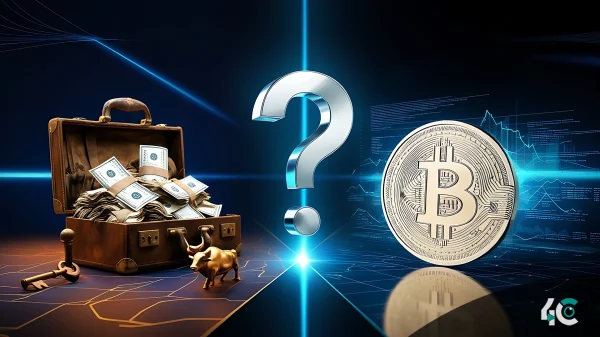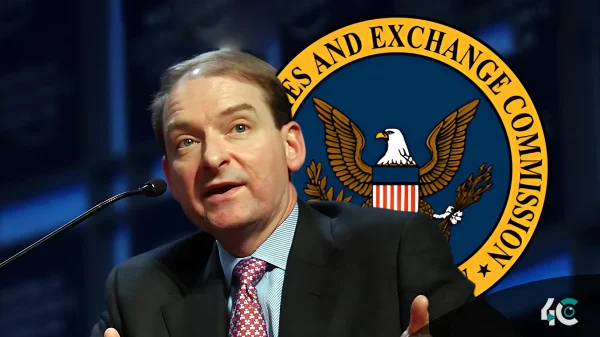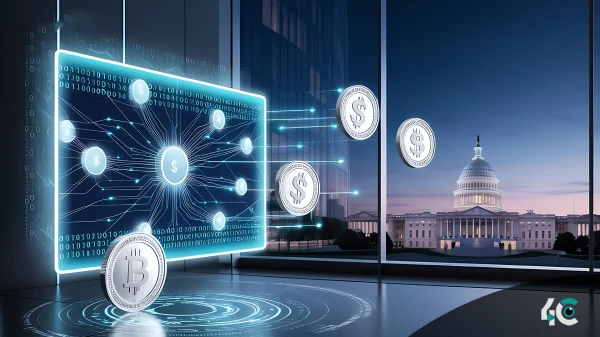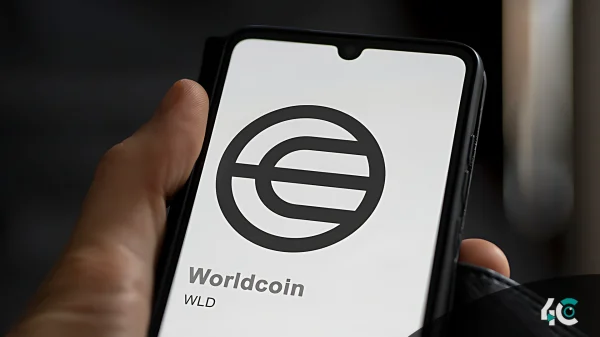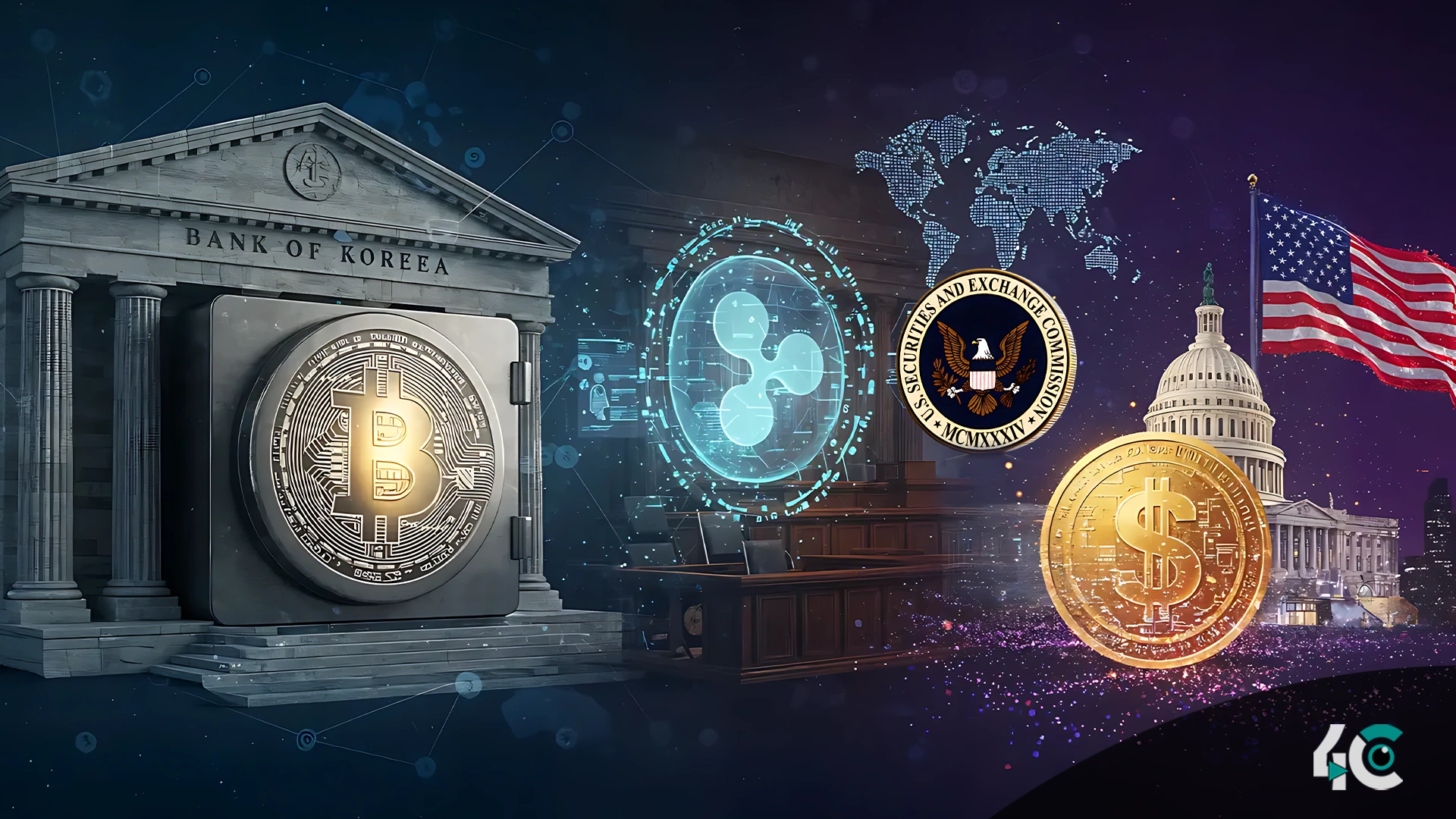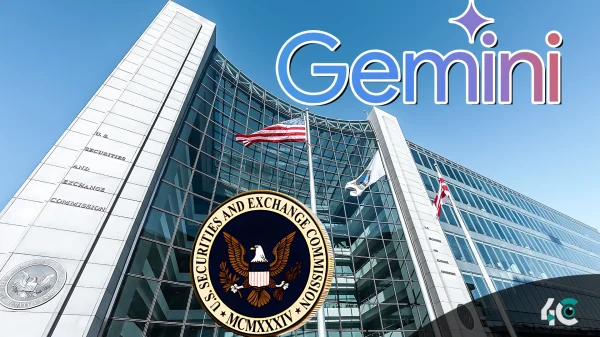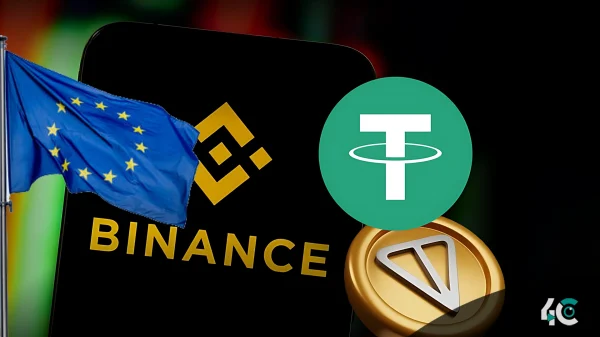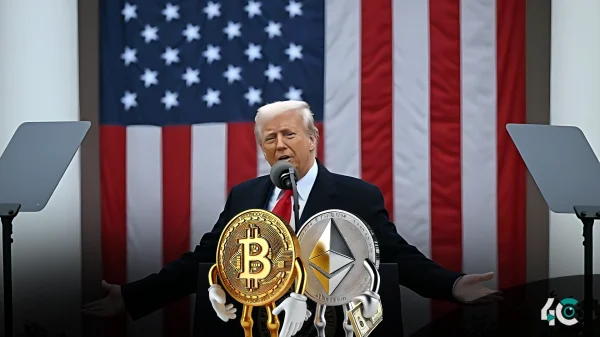South Korea increases its Bitcoin reserves as the U.S. stablecoin bill gains traction. Meanwhile, XRP secures official recognition as a digital currency, marking a major shift in crypto regulation.
1. South Korea Considers Bitcoin Reserves for Economic Stability
South Korea is exploring the possibility of holding Bitcoin in its national reserves, signaling a shift in how governments perceive digital assets. With growing concerns over traditional fiat stability and inflation, policymakers see Bitcoin as a hedge against economic uncertainty. If approved, this move could set a precedent for other nations to adopt Bitcoin as part of their financial strategy, strengthening its position as a store of value on the global stage.
2. U.S. Stablecoin Bill Moves Forward Amid Regulatory Debate
The U.S. government is making progress on a long-awaited stablecoin bill aimed at providing a clear regulatory framework for dollar-backed digital assets. Lawmakers emphasize the importance of ensuring stablecoin issuers maintain sufficient reserves while addressing concerns about financial stability and potential risks to the broader economy. If passed, this bill could offer legitimacy to the stablecoin market, encouraging institutional adoption and broader use in mainstream finance.
3. XRP Faces Renewed Legal Pressure from the SEC
Ripple’s battle with the U.S. Securities and Exchange Commission (SEC) is far from over, as the regulatory agency intensifies its efforts against XRP. Despite partial legal victories, the SEC remains firm on classifying XRP as a security, creating uncertainty for Ripple and its investors. The outcome of this prolonged legal dispute could have significant implications for the broader cryptocurrency market, particularly in defining how digital assets are regulated in the U.S.


